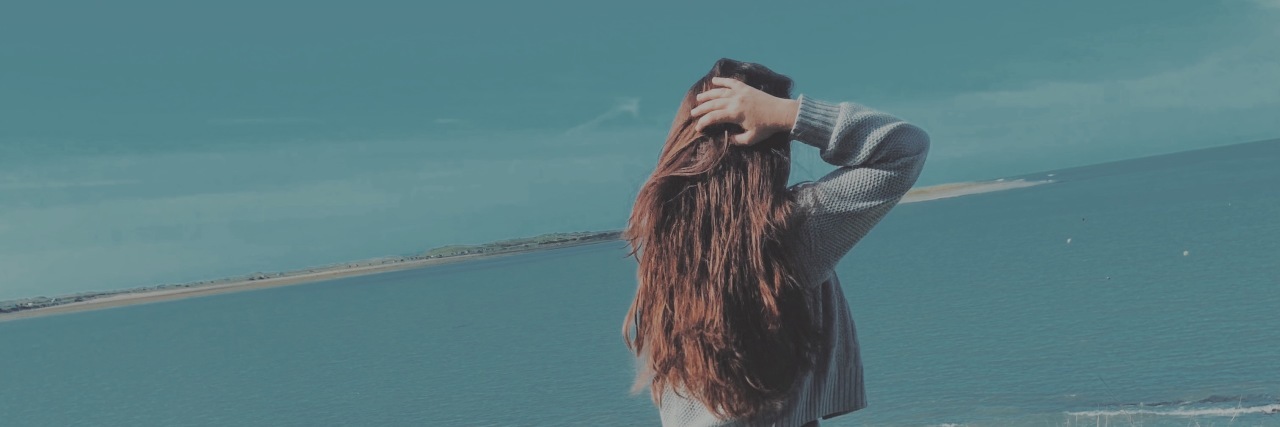Living in 2020 with a condition that changes my physical appearance is tough. I distinctly remember being 14 years old, flipping through my magazines, looking at models and their perfect appearances and bodies — but no disabled representation. No one looked like me. No one shared the same body type. No one was disabled. There wasn’t a single disabled body in sight. No wheelchairs, no walking or medical aids, no physical differences — nothing.
The lack of representation left me brainwashed, thinking disfigurement and disability was something to be ashamed of. Something to hide. Something that didn’t meet the beauty standards the world had set in place for me. I grew up self-deprecating, apologizing for how my body looks, not accepting who I am and not allowing others to either. I grew up thinking I was ugly, disgusting and unworthy of love — just because of my appearance and the comments and standards thrown and set by society.
My condition left me disabled and disfigured, and for years, I let the stigma of disfigurement hide who I truly am. I believed the tumor-growing disease inside of me made my unlovable because of my appearance. Because I looked different.
Disfigurement isn’t ugly. Disfigurement isn’t scary. The lack of representation is. Disabled isn’t a dirty word. The ableism of society’s need to hide us from the world is. We are beautiful. We are bold. We are worthy of representation. We do not need your sarcastic pity and ableist comments. We need your support and voice for us to be heard. We need to break through the beauty standards of 2020 to represent those with disabilities and disfigurements, including those who are people of color, and those from different religions, backgrounds and life paths. We are stripped of opportunities, jobs and relationships because of how we look. Because of our disfigurements and disabilities. We deserve equal rights and chances.
The stigma around disfigurement has been too prevalent for too long. We must break through the barriers and walls set up by the world and people who are uncomfortable with our presence. Disfigurement is beautiful. The discrimination the world throws at us is not.

